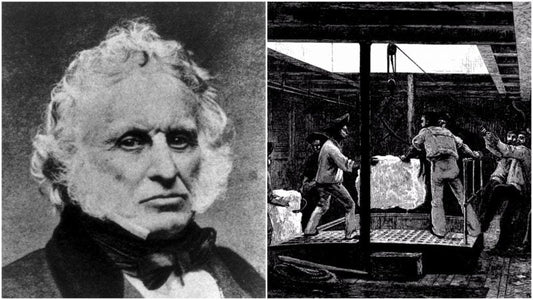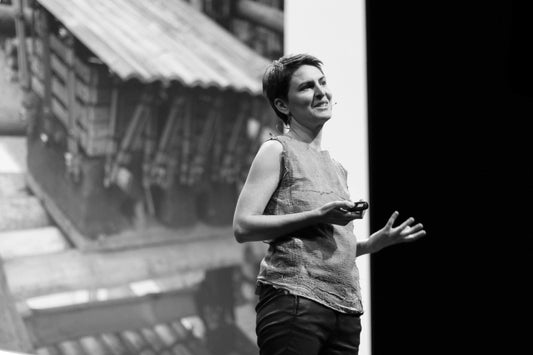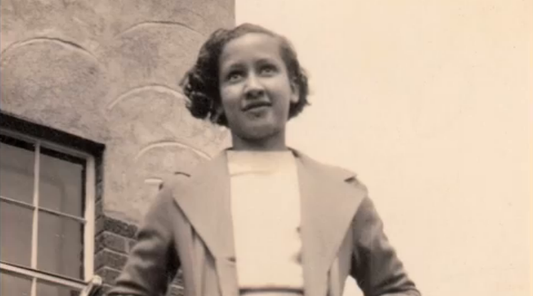The Second World War was a time of unprecedented upheaval and uncertainty. As the world grappled with the horrors of conflict, a different kind of battle was being waged in the minds of strategists and thinkers. It was during this crucible of innovation that Winston Churchill, the indomitable British Prime Minister, is believed to have coined the term "corkscrew mind" to describe those individuals who possessed a rare and invaluable ability: the capacity to think differently.
These were not the linear thinkers, those who followed conventional paths and accepted the status quo. Instead, the "corkscrew minds" were the mavericks, the ones who zigged when others zagged, who saw possibilities where others saw limitations. They were the architects of the unorthodox, the champions of the unexpected.
While concrete evidence of Churchill's use of the phrase remains elusive, historians and authors have pieced together a compelling narrative that suggests its significance in the war effort. Ben Macintyre, in his gripping account of Operation Mincemeat, highlights how such unconventional thinking formed the bedrock of some of the most audacious wartime deceptions.
Operation Mincemeat itself stands as a testament to the power of the "corkscrew mind." The elaborate ruse, involving a deceased man carrying false documents, successfully misled the Axis powers about the location of the Allied invasion. This audacious plan, conceived by individuals who dared to defy convention, played a crucial role in the Allied victory.
Beyond Operation Mincemeat, the influence of "corkscrew minds" can be seen in the contributions of figures like Ian Fleming. Fleming, the creator of James Bond, honed his skills in naval intelligence, where his penchant for unconventional tactics and daring strategies flourished. Similarly, Alan Turing, the enigmatic genius who cracked the German Enigma code, epitomized the "corkscrew mind" with his groundbreaking approach to cryptography.
Churchill, a leader known for his own strategic brilliance and unconventional thinking, recognized the value of these individuals. He understood that in a war where traditional tactics often proved inadequate, it was the "corkscrew minds" who could provide the decisive edge. By embracing their unorthodox approaches, Churchill fostered a culture of innovation that ultimately helped to turn the tide of the war.
The legacy of the "corkscrew mind" extends far beyond the battlefields of World War II. In today's rapidly changing world, where challenges are complex and solutions often elusive, the ability to think differently is more crucial than ever. It is the driving force behind innovation, the key to unlocking new possibilities and overcoming seemingly insurmountable obstacles.
At Corkscrew Minds, we are passionate about exploring the history and significance of this unique cognitive style. We believe that by understanding the "corkscrew mind," we can unlock the potential for creative problem-solving and inspire a new generation of unconventional thinkers. Join us as we delve deeper into this fascinating subject and uncover the secrets of those who dared to think differently.




